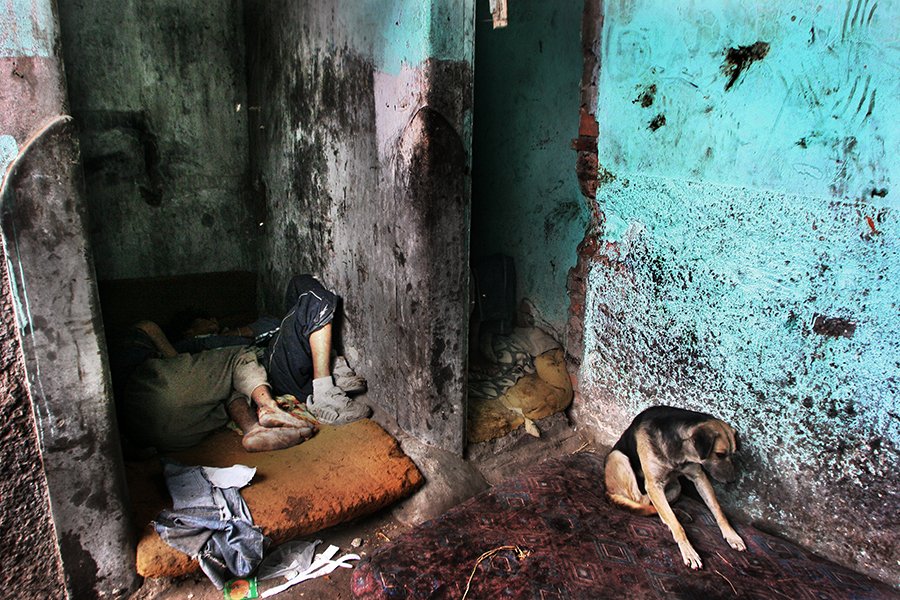PACO
A Drug Story
Paco: behind an innocent nickname hides a drug with devastating effects and social impacts. Also known as PBC (pasta base de cocaina), paco is a waste product of cocaine processing that has spread since the early nineties especially in the suburbs of Buenos Aires and – later – in the favelas and suburbs of all of South America.
Defined as “the poor man’s drug” due to its low cost (a dose can cost less than a dollar), paco is a poor quality and extremely harmful product: the processing waste from coca intended for European and North American markets is mixed with various chemicals, kerosene, glue, rat poison, even powdered glass, and distributed in the poorest neighborhoods of Latin America, where the main buyers are minors.
Smoked like crack, paco has a very short-lived effect and leads to addiction in an equally short time. In no time, addicts find themselves needing 50 or even 100+ doses a day.
In the first years of the millennium, following the economic crisis in Argentina, the consumption of paco in increased by 300% in the country, creating an army of very young “walking dead” (as those who use it are called) willing to do anything to have their share, with devastating human, social and health effects for entire communities.
I worked for over 14 years on this project, traveling around South America and telling who the kids who smoke paco are: their environment, their families, where they buy the dose and how hard someone tries to get out of this terrible addiction that brings to death.























